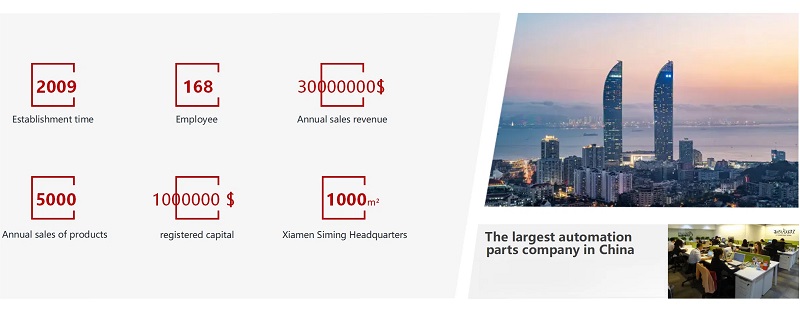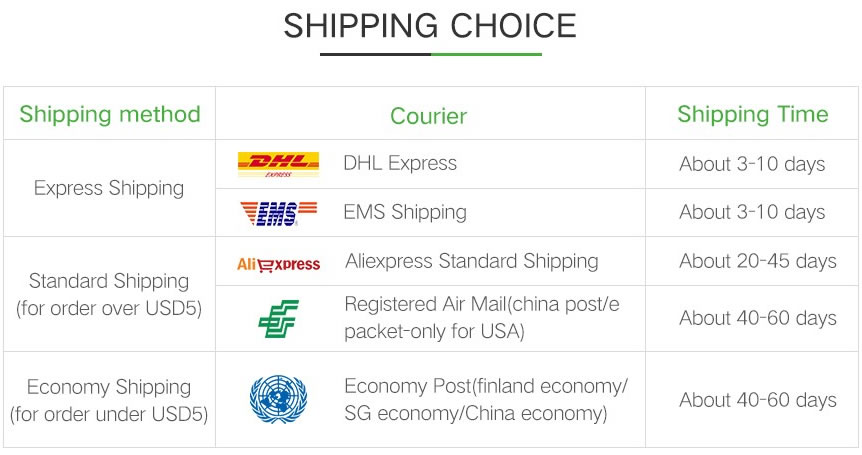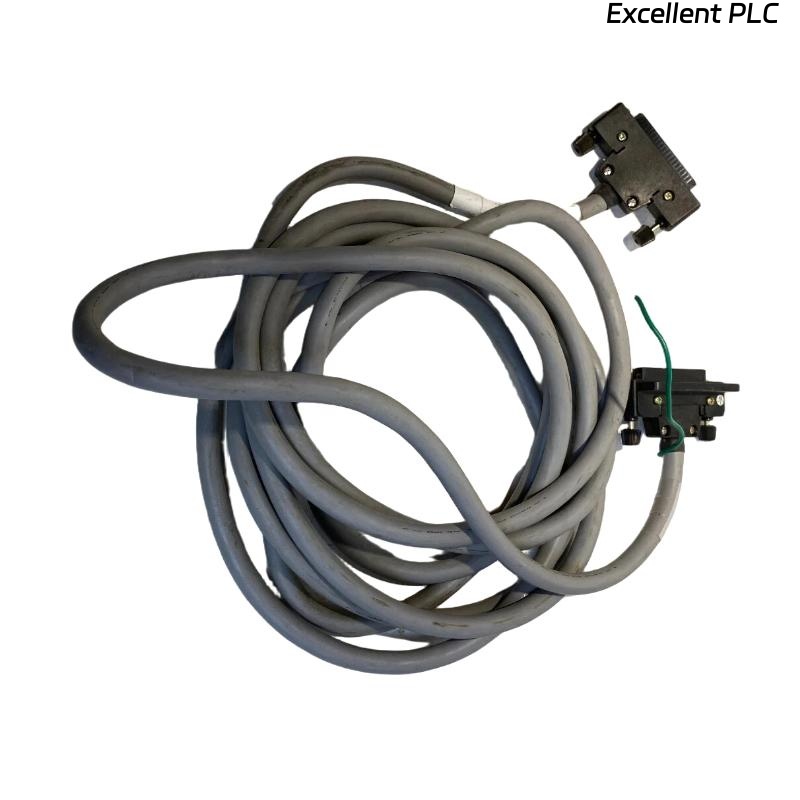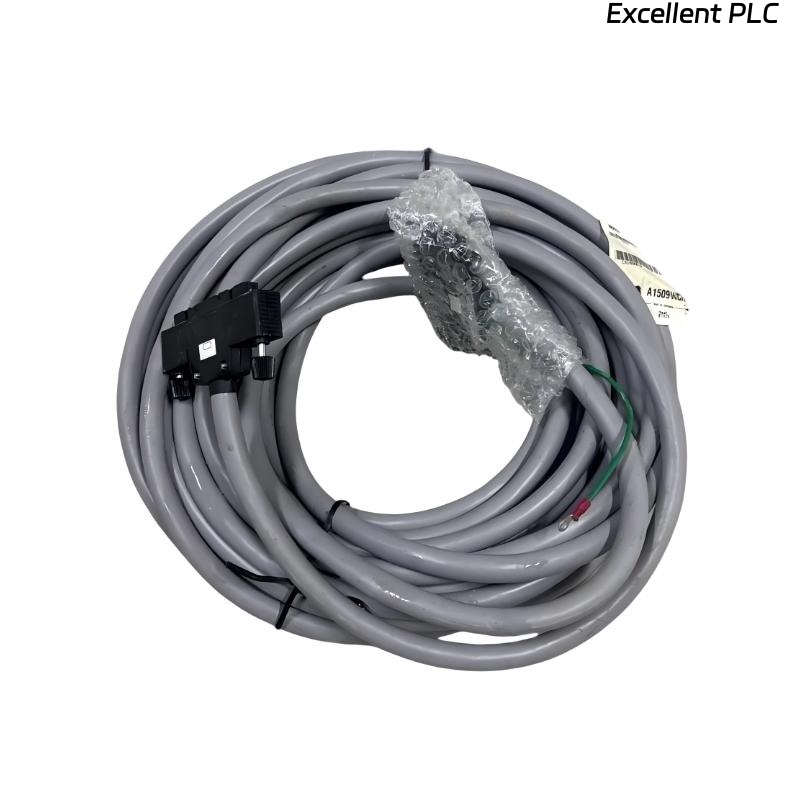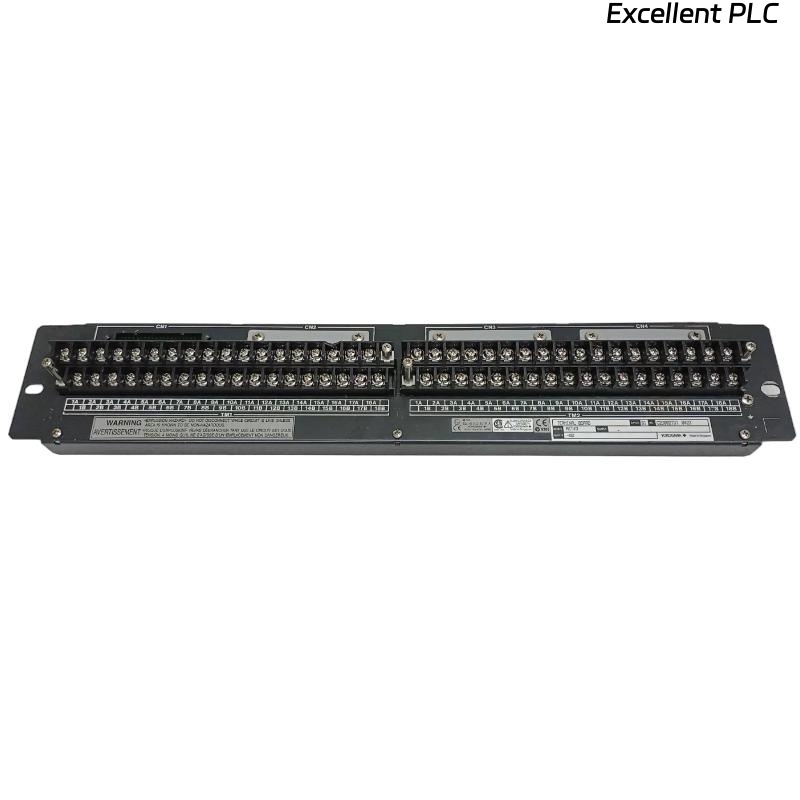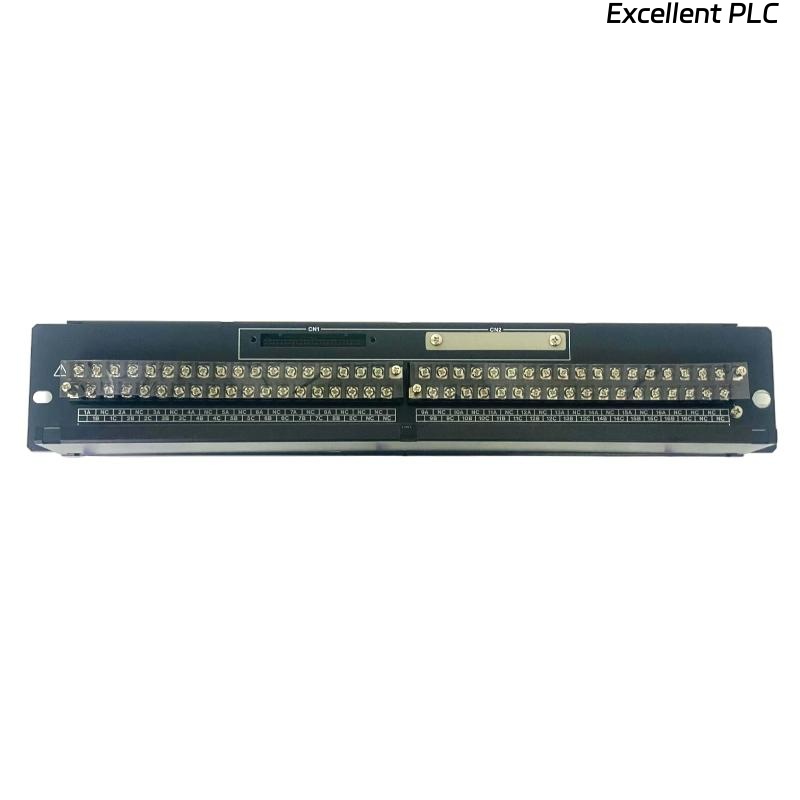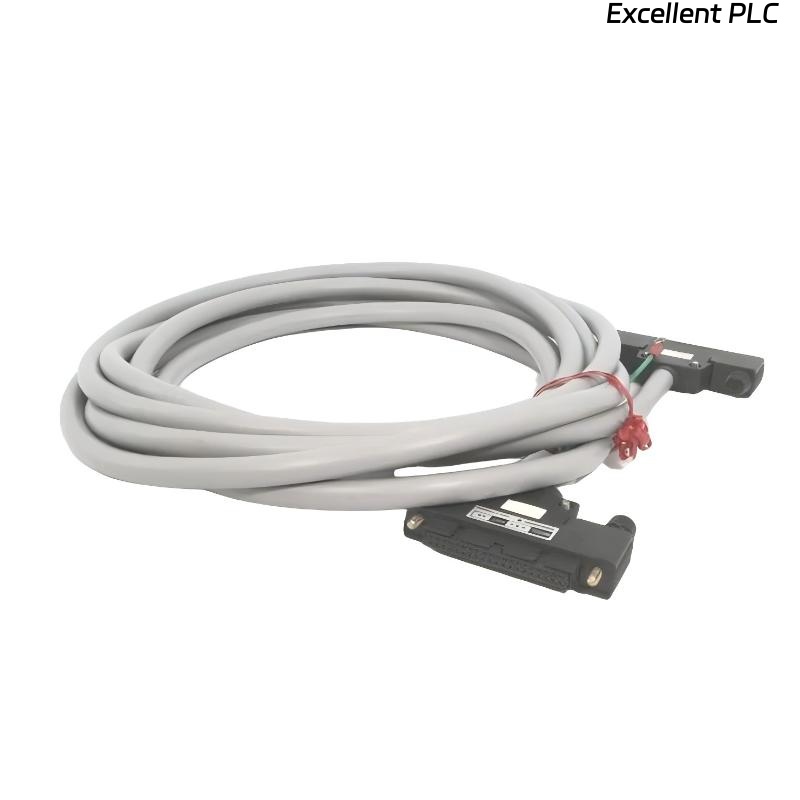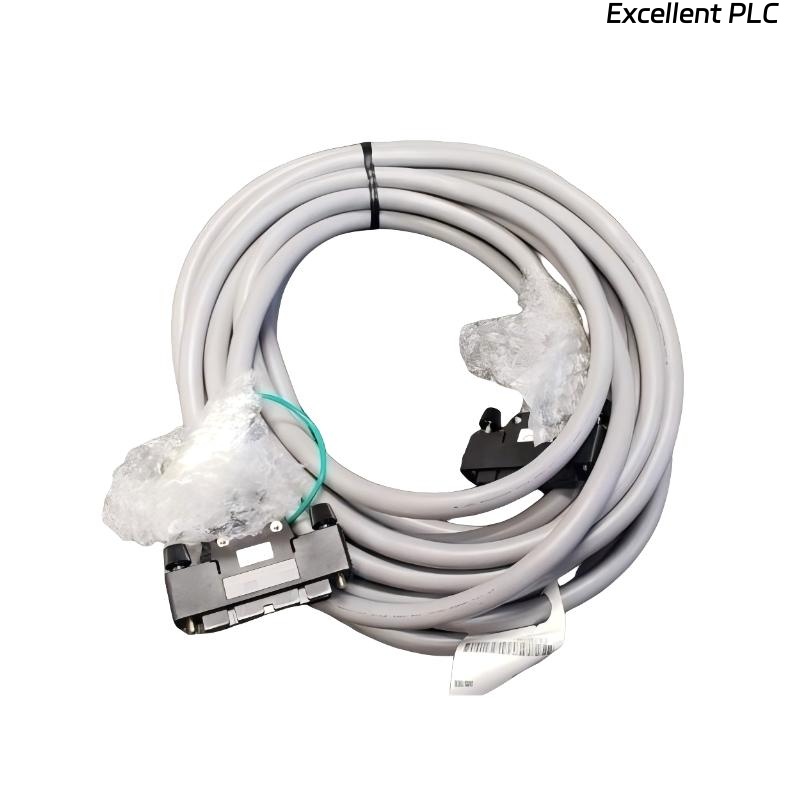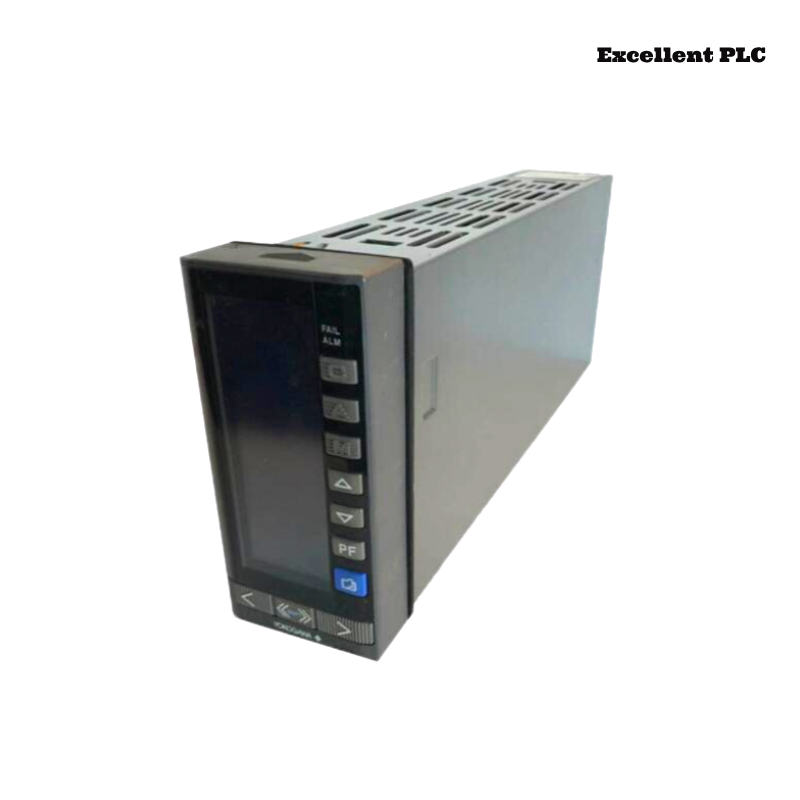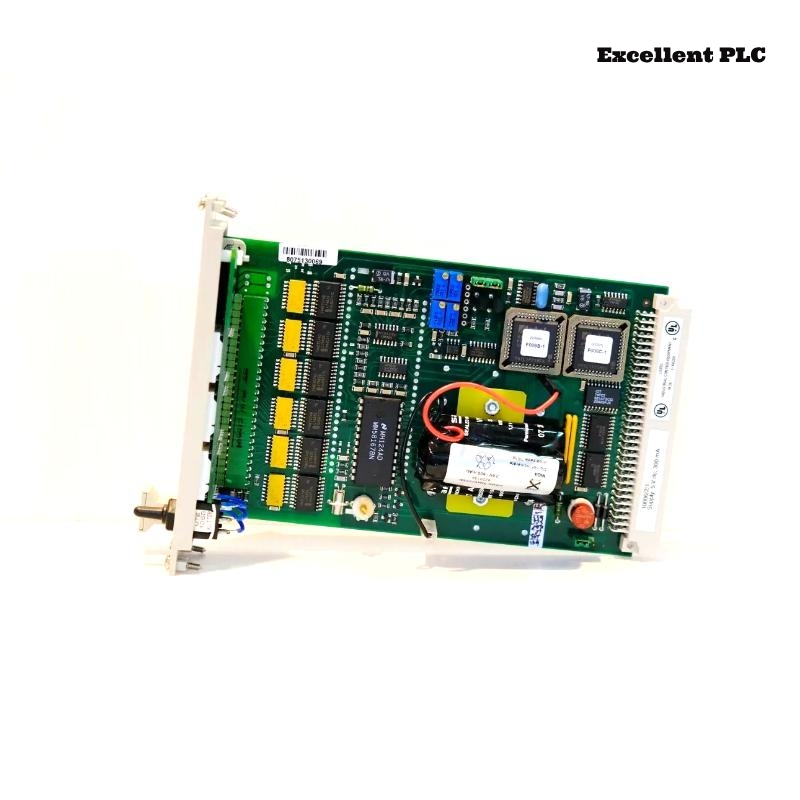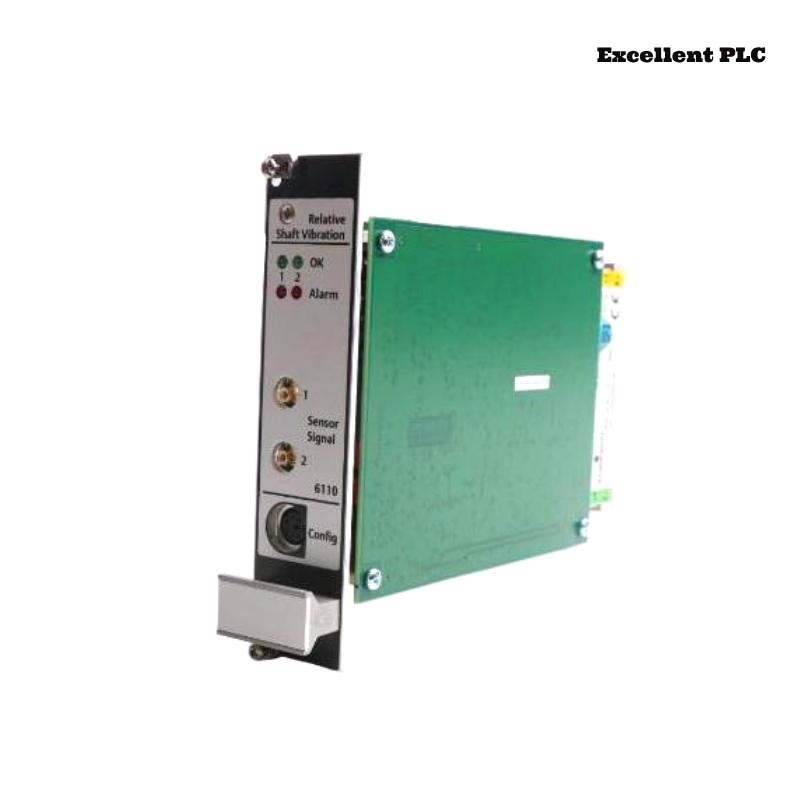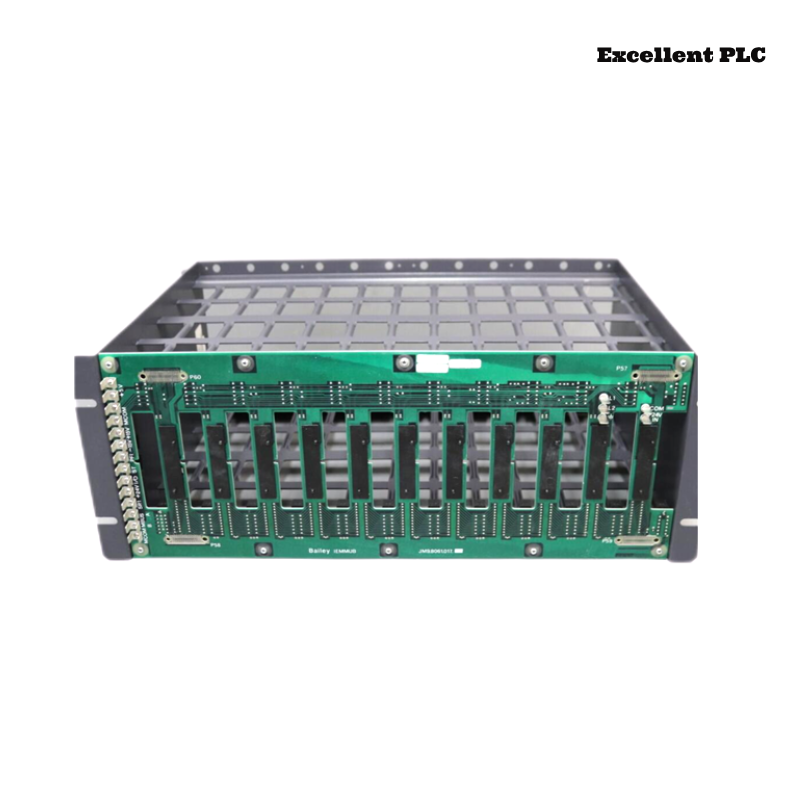| Company Information | ||||||||
| [email protected] | ||||||||
| Mobile | +8613666033393 | |||||||
| +8613666033393 | ||||||||
| 13666033393 | ||||||||
| Add | Room 1004, No. 62 Xiangxiu Li, Siming District, Xiamen City, Fujian Province, China | |||||||
Product Introduction
The Yokogawa YCB301-C200 ESB Bus Cable is a specialized industrial communication cable designed to ensure stable, high-speed, and interference-resistant data transmission within the Yokogawa ESB (Enhanced Smart Bus) system. It plays a critical role in linking various control modules, input/output devices, and controllers in distributed control systems (DCS).
This cable is manufactured with high-quality shielding technology, optimized conductor design, and insulation materials to guarantee reliable signal integrity in electrically noisy industrial environments. By supporting the ESB bus architecture, the YCB301-C200 allows Yokogawa control systems to maintain synchronization, reduce communication errors, and improve overall plant reliability.
Product Parameters
| Parameter | Specification |
|---|---|
| Model | Yokogawa YCB301-C200 ESB Bus Cable |
| Cable Type | Shielded twisted-pair communication cable |
| Cable length | 2 m |
| Weight | 3 kg |
| Conductor Material | High-conductivity copper |
| Conductor Size | 0.75 mm² (per core) |
| Shielding | Double-shielded (aluminum foil + braided shield) |
| Insulation Material | Flame-retardant PVC / LSZH (depending on requirement) |
| Operating Voltage | 300 V rated |
| Operating Temperature | -20°C to +75°C |
| Impedance | 120 Ω (balanced, typical for industrial bus systems) |
| Transmission Speed | Supports ESB protocol speeds up to 12 Mbps |
| Standards Compliance | IEC 60332, RoHS compliant, industrial grade durability |
Product Applications
The Yokogawa YCB301-C200 is widely applied in industrial automation and process control systems, particularly within plants where precise and reliable data transmission is required. Its main applications include:
-
Connecting ESB bus modules in Yokogawa’s CENTUM VP and ProSafe-RS systems.
-
Establishing secure communication lines between controllers and remote I/O units.
-
Power plant DCS networks, ensuring real-time communication between control stations.
-
Oil & Gas processing facilities requiring stable bus communication under harsh environments.
-
Petrochemical industries with heavy electrical noise, where shielding is critical.
-
Large-scale manufacturing plants integrating complex automation processes.
Product Advantages
-
High Signal Integrity: Double shielding reduces electromagnetic interference (EMI) and ensures accurate signal transmission.
-
Durability: Resistant to oil, chemicals, and high temperatures, making it suitable for harsh industrial environments.
-
Optimized for Yokogawa Systems: Designed specifically for ESB bus communication, guaranteeing compatibility and stable integration.
-
Ease of Installation: Flexible construction allows for easy routing and installation even in complex wiring environments.
-
Long Transmission Distance: Supports extended lengths up to 200 meters per roll without loss of communication quality.
-
Safety and Compliance: Flame-retardant, RoHS compliant, and adheres to international safety standards.
FAQ
Q1: What is the impedance of the YCB301-C200 cable and why is it important?
A1: The impedance is 120 Ω, which is critical to minimize reflection and ensure proper signal transmission in differential communication systems like ESB.
Q2: How does the double-shielding design enhance communication reliability?
A2: The aluminum foil and braided shield block external electromagnetic interference, reducing data errors and ensuring clean transmission.
Q3: Can the cable be used for both horizontal and vertical installations?
A3: Yes, its flexible construction allows for both horizontal and vertical routing without compromising performance.
Q4: Is this cable compatible with non-Yokogawa communication systems?
A4: While optimized for ESB bus, it can technically support other RS-485 or similar balanced communication systems with matching impedance.
Q5: What is the maximum data transmission speed supported by this cable?
A5: It supports ESB communication speeds up to 12 Mbps without degradation.
Q6: How is the cable protected against signal loss over long distances?
A6: By maintaining proper impedance and shielding, the cable reduces attenuation and reflection, allowing stable transmission over 200 m.
Q7: What type of insulation is used in the YCB301-C200 cable?
A7: Flame-retardant PVC or LSZH insulation is used depending on environmental requirements.
Q8: Does the cable require termination resistors?
A8: Yes, standard ESB bus configurations require termination resistors at both ends of the bus to prevent reflection.
Q9: Can the YCB301-C200 operate in outdoor environments?
A9: While it is primarily designed for indoor industrial use, with proper protection (trays, conduits), it can be deployed outdoors.
Q10: How does this cable differ from YCB301-C100 or C300 versions?
A10: The main difference lies in standard length and weight; performance characteristics remain consistent across the series.
Recommended Related Models
| Model | Description |
|---|---|
| YCB301-C100 | ESB Bus Cable, 100 m length |
| YCB301-C300 | ESB Bus Cable, 300 m length |
| YCB301-C400 | ESB Bus Cable, 400 m length |
| YCB301-C500 | ESB Bus Cable, 500 m length |
| YCB301-C600 | ESB Bus Cable, 600 m length |
| YCB301-C800 | ESB Bus Cable, 800 m length |
Popular Yokogawa Models
| Model | Product Type | Key Feature |
|---|---|---|
| AAI141-S50 | Analog Input Module | High-resolution analog signal acquisition |
| AAI143-S00 | Analog Input Module | Multi-channel, isolated input design |
| AAI841-H00 | Analog Input Module | Advanced accuracy for process industries |
| ADV151-P03 | Digital Output Module | High-speed digital signal control |
| AAM50-S33 | Multiplexer Module | Efficient channel switching for analog signals |
| CP451-10 | Processor Module | Core processor for CENTUM VP DCS |
| PW482-10 | Power Supply Module | Redundant and stable power delivery |
| F3XD32-4H | Digital I/O Module | 32-channel high-density I/O for field devices |
 Excellent PLC
Excellent PLC






